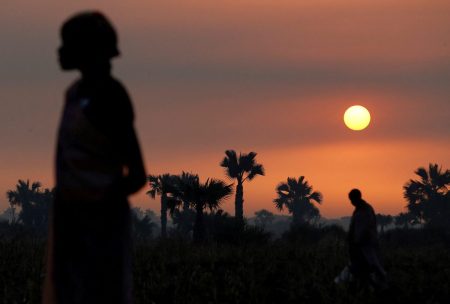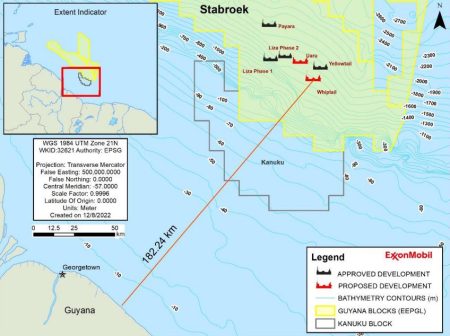
Kunle Kalejaye
27 September 2016, Sweetcrude, Lagos — Nigerian Maritime Administration and Safety Agency, NIMASA, said preparedness and core training are the panaceas for handling oil spills in the maritime environment canvases.
NIMASA’s Director General Dr. Dakuku Peterside stated this while addressing participants at the eight-day training programme on “Oil Spill Response and Preparedness Training on the Job” being organised by the European Union (EU) in Lagos.
The DG who decried the negative impact of oil spills on the marine environment and its effects on the livelihood of people living in coastal communities noted that it is the only adequate preparation that can help mitigate the effect of oil spills.
According to him, “it is necessary to note that where there are in place contingency plans and equipment without training those that will handle them, there will be no preparedness. Hence this training is timely and highly appreciated especially being granted free to our Nation.”
Dr. Peterside urged participants to give the training programme the seriousness it deserves noting that their expertise after the training will be instrumental in dealing with issues of oil spills emphasising that as an oil producing nation, oil spills cannot be ruled out of the Nigeria maritime environment.
The training programme which is being held in Nigeria as one of the priority countries in Africa selected by the EU is a capacity development and enhancement initiative in the area of environmental management and sustainability towards achieving a cleaner environment by reducing pollution as a result of oil spillage in the Nigerian maritime environment.
The training is expected to acquaint participants with the requisite knowledge to combat oil spills where and when they occur and the contingency plans and equipment to deploy.
Participants at the training were drawn from NIMASA, the National Oil Spill Detection and Response Agency (NOSDRA) and the Nigerian Ports Authority (NPA) while the five prioritised countries from Africa are Nigeria, Senegal, Ghana, Cote d’Ivoire and Cameroun.



